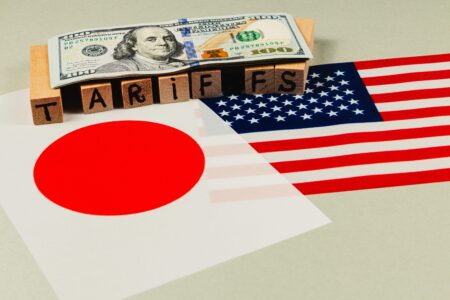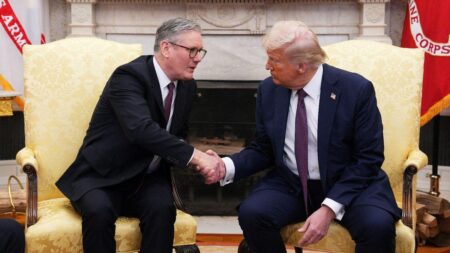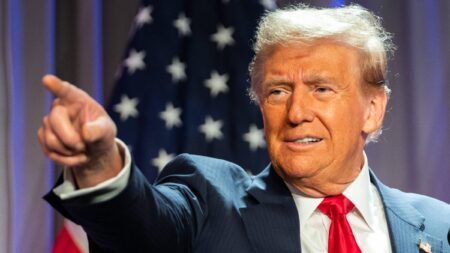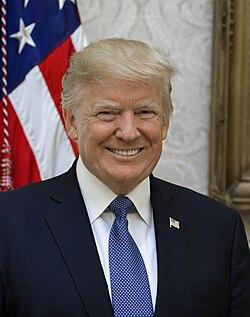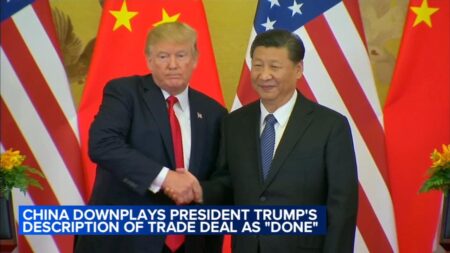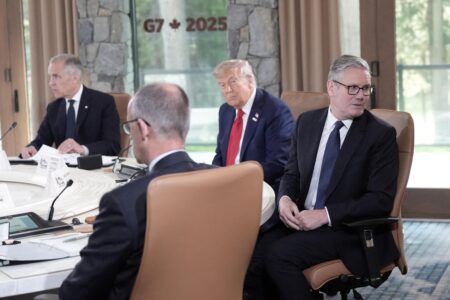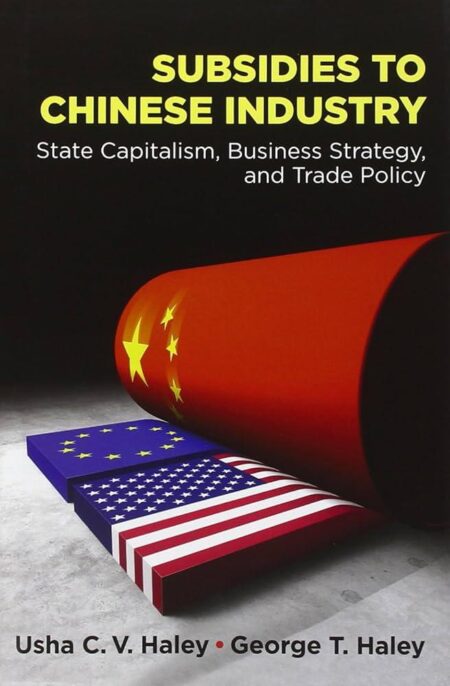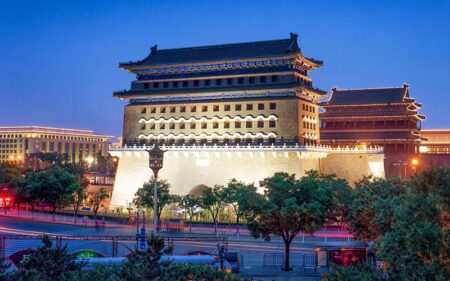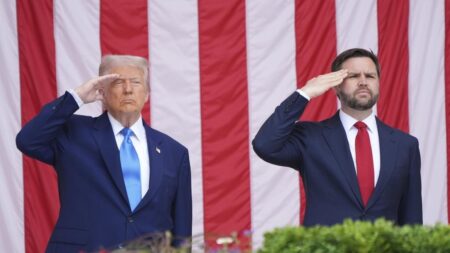Chinese automakers like BYD are swiftly transforming the European automotive scene, breaking through tariff barriers with remarkable momentum. Driven by skyrocketing demand for electric vehicles and unbeatable prices, they are seizing an increasingly larger share of the market
Browsing: international trade
More than 70% of Japanese firms report that recent tariffs have impacted their business-yet only within anticipated boundaries-according to a Reuters poll, reflecting cautious optimism amid ongoing trade tensions
The UK and US have struck an exciting new tariff deal that slashes duties on cars, steel, and beef. This groundbreaking agreement promises to turbocharge trade and strengthen economic bonds, finally putting an end to years of tariff battles between these longtime allies
Trump’s envoy to China raises a red flag on growing dangers in foreign supply chains, calling for a bold strategic overhaul to reduce reliance. This urgent warning highlights escalating economic tensions in an increasingly unpredictable global trade environment
Exclusive: Treasury Secretary tells “Pod Force One” that China’s 30% share of global manufacturing is “too high” and warns it “can’t go any higher,” underscoring rising U.S. concerns over supply chain dependence, the New York Post reports
Trump secures a landmark win with a groundbreaking UK trade deal as EU negotiations hit a standstill. Meanwhile, Japan intensifies its stance in escalating tariff battles, fueling rising global trade tensions
The U.K. and Canada have ignited a wave of excitement in trade talks, shining the spotlight on beef and cheese exports. Both nations are eager to strengthen their economic partnership and turbocharge agricultural trade with bold new agreements
Former President Trump and Canadian Minister Carney have kicked off a high-stakes, 30-day sprint to finalize a groundbreaking US-Canada trade agreement, aiming to strengthen economic ties and swiftly resolve long-standing trade disputes, Politico reports
Trump and Starmer have struck a landmark trade deal that dramatically cuts tariffs on U.K. cars, steel, and more-paving the way for a booming surge in transatlantic trade and stronger economic ties between the U.S. and the United Kingdom
The US and UK have launched an exciting new trade deal aimed at boosting economic ties like never before. However, steel imports continue to pose a significant challenge, with talks still in progress, officials say. More negotiations are expected soon
India’s Prime Minister Narendra Modi recently embarked on a dynamic visit to Cyprus, aiming to unlock thrilling opportunities for advancing trade corridor plans. This initiative seeks to strengthen economic ties and boost regional connectivity, Reuters reports. The talks focused on broadening bilateral cooperation and building robust strategic partnerships
In the ongoing U.S.-China trade talks, Beijing masterfully balances boldness with diplomacy, aiming to secure favorable terms while carefully managing tensions. This strategic approach highlights China’s commitment to maintaining the delicate economic partnership without sparking disruption
In a recent WSJ opinion piece, experts argue that former President Trump’s trade strategy with China is riddled with confusion and inconsistency. Critics caution that such unpredictable policies risk undermining the U.S. economy and diminishing its influence worldwide
China has announced it will eliminate tariffs on almost all goods from Africa, strengthening trade ties as both parties push back against US policies. This bold step seeks to ignite economic cooperation in the face of escalating global tensions
Nvidia has excluded China from its financial forecasts as U.S. export restrictions on chip sales tighten, CEO Jensen Huang revealed-highlighting how rising geopolitical tensions are dramatically reshaping the semiconductor giant’s business landscape
A U.S. trade negotiator has unveiled exciting progress on a deal aimed at shielding Japan from increased car tariffs, seeking to ease tensions and supercharge automotive trade between the two nations, sources told Automotive News
Japanese Finance Minister Akira Amari has hinted at a potential breakthrough with the US that could shield Japan from higher car tariffs, Bloomberg reports. This promising development could ease trade tensions and provide a significant boost to the auto industry. Negotiations are ongoing
Former President Trump spotlighted America’s heavy reliance on China for rare earth minerals and announced plans to skyrocket tariffs on Chinese goods to 55%, intensifying the trade battle, according to AP News
Former President Donald Trump enthusiastically hailed a breakthrough “deal” with China, highlighting major progress on tariffs and promising ongoing talks. Yet, skeptics remain doubtful about the real impact and long-term value of the agreement
Former President Trump unveiled a bold new strategy: securing magnets and rare earth minerals from China while simultaneously slapping tariffs on Chinese goods at a staggering 55%. This move signals a daring and complex shift in the US trade policy and supply chain approach


